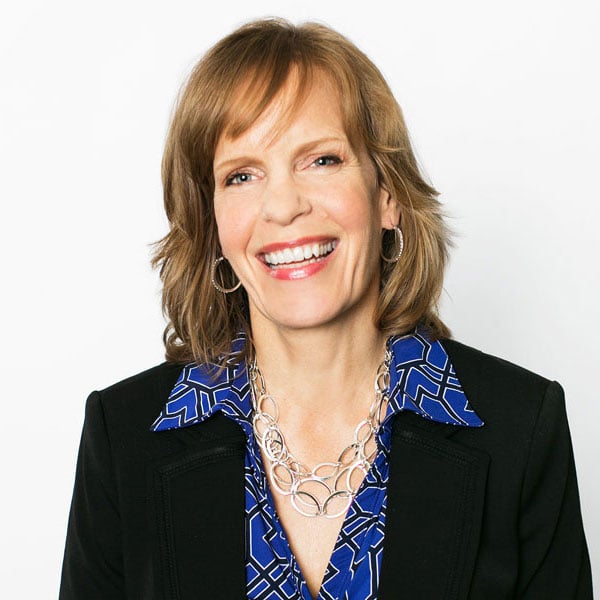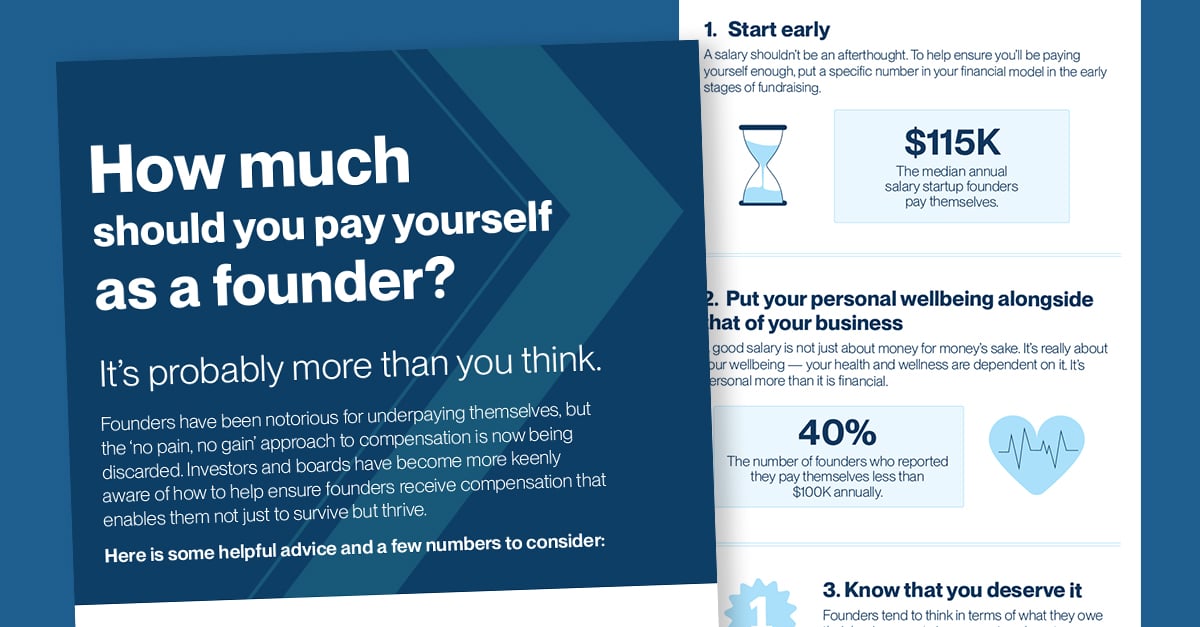Key takeaways
-
Because early-stage founders typically underpay themselves, it may be difficult for them to qualify for traditional home mortgages.
-
Founders who own more than 25% of their companies are often subject to reviews of their company financials and this may negatively impact their mortgage eligibility.
-
With a financial partner that thoroughly understands the intricacies of founder finances, a home purchase may be within reach for founders.
Podcast transcript
Ann: Hello, and welcome back to another episode of "Business Meets Personal Wealth." In 10 minutes or less, we answer wealth-related questions innovation economy leaders have on this podcast. I'm Ann Lucchesi with SVB Private. Today we're talking about challenges founders often face when purchasing a home. I know I've personally talked to founders about this hundreds of times, so I'm excited to share some insights on this with my colleague, Pablo Serna. Hi, Pablo.
Pablo: Hi, Ann. Great to be with you.
Ann: Well, I am really excited to have you join us. Would you mind telling us in about one sentence what you do here at SVB?
Pablo: Yes. As a private wealth advisor, I work along with two partners here at SVB, and we work with clients in the life science and consumer internet space as well as the VC area, and help our clients across their balance sheet, assets, and liabilities, helping them with advice, solutions, and working with them to constructively build their financial balance sheets across their lifespan.
Ann: Well, great. Well, thank you for that. I know that you have talked to lots and lots of founders about mortgages, and I thought maybe we'd start the conversation today with just kind of a high level. How do banks qualify individuals for mortgages? Would you mind talking about that?
Pablo: Yes. Yes, I appreciate that. Banks are really going to look at a person's income, their credit history, their ability to have a down payment, and the kind of reserves they might have post-close of the purchase.
Ann: So, if I understand what are the primary things that becomes very important is this idea of what your income is. Now you and I both know and having talked to lots of founders that they tend to pay themselves less than they could probably make if they were just in a regular W-2 paying job. This seems like it would present a little bit of a difficulty for them when they go in to purchase their home.
Pablo: Well, certainly it is blocking and tackling of the actual numbers. So, candidly, we start with empathy because it is a tough situation. A home purchase is typically one of the most emotional purchases a person makes in their lives, and so we do want to show a lot of empathy for the situation. As you said, it is a tough challenge because they're holding their salary down compared to what they could otherwise be getting outside of a private position. And it makes it difficult for them because banks are looking at hard-line numbers. So, the reality is they'll have to look to see what can they qualify based on their current income, and we want to scoop up as much income as we possibly can, their direct salary from their company.
Many of our founders are advisors to other companies, so we want to make sure they have good contracts for those side businesses they might get ancillary income from so we can add that in as much as possible. And we really have to really give them a clear understanding of what the mechanics look like for the carry costs on a property so they can really decide what purchase price they might want to enter in at.
Ann: Well, great. Well, that makes sense to me, and super helpful information, Pablo. Now, what about challenge number two that I have seen them run into, which is the idea that if they own more than 25% of their company, most banks won't lend to them without looking through to the financials of the company. And of course, as you and I both know, in startup world, they're burning cash, they're not necessarily creating cash yet early on. What about this problem?
Pablo: It's a very big problem for a lot of founders. It's a great point that you bring up. Most banks, once they do demark that someone owns 25% or more of their company, they will turn around and say, "Hey, you're self-employed. We'd like to look at your company financials." As you said, many of our clients' companies are pre-revenue, and so they'll look down that lens and say, "Hey, we can't lend to you. You're self-employed and you're not going to be able to pay yourself next year.
So, here at SVB, especially when they're venture-backed institutionally, we don't look at the client's company income. We understand how they're getting paid, so we're focused on their W-2 income, and we're covetous of the fact that they own 25% or more of their company because we hope to work with them as their company moves forward.
Ann: That makes great sense, just that we can kind of lean in mainly because we understand the innovation economy and how that works. I'd like to kind of land on one final idea and kind of ways that you've talked to people about this is that down payment of 20% that we all know is kind of the standard within the industry. Are there some creative ways for founders who don't have necessarily that full amount immediately, creative ways for them to tap that?
Pablo: There are. Obviously, they can look to family and friends to see if they can get a short-term loan. They can also go to their company and look to see whether their company wants to extend a loan to help them. And in many ways, it aligns with the goals of the company, the investors, as well as our client because they do want to see them succeed, they want to see them comfortable and happy as they're working on this business, and often moving their family into a home is a way to continue that progression.
Ann: Yeah. Well, this is really great advice. Thank you so much for taking the time to talk about this with me today, Pablo. Hopefully, our founders have realized that buying a home may actually be a possibility for them.
Pablo: It's my pleasure. Thank you so much.
Ann: So glad we could share some ideas on this topic. We'll see you here next time on "Business Meets Personal Wealth."
















